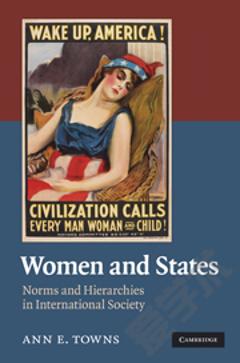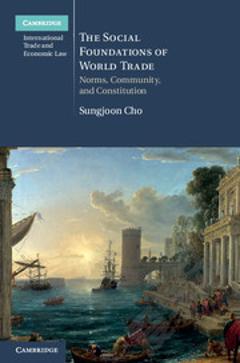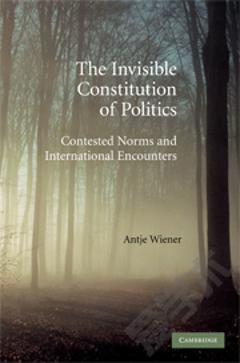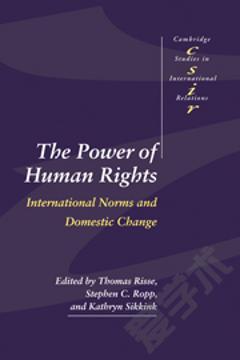Women and States: Norms and Hierarchies in International Society
Momentous changes in the relation between women and the state have advanced women's status around the globe. Women were barred from public affairs a century ago, yet almost every state now recognizes equal voting rights and exhibits a national policy bureau for the advancement of women. Sex quotas for national legislatures are increasingly common. Ann E. Towns explains these changes by providing a novel account of how norms work in international society. She argues that norms don't just provide standards for states, they rank them, providing comparative judgments which place states in hierarchical social orders. This focus on the link between norms and ranking hierarchies helps to account better for how a new policy, such as equality for women in public life, is spread around the world. Women and States thus offers a new view of the relationship between women and the state, and of the influence of norms in international politics.
{{comment.content}}








 京公网安备 11010802027623号
京公网安备 11010802027623号